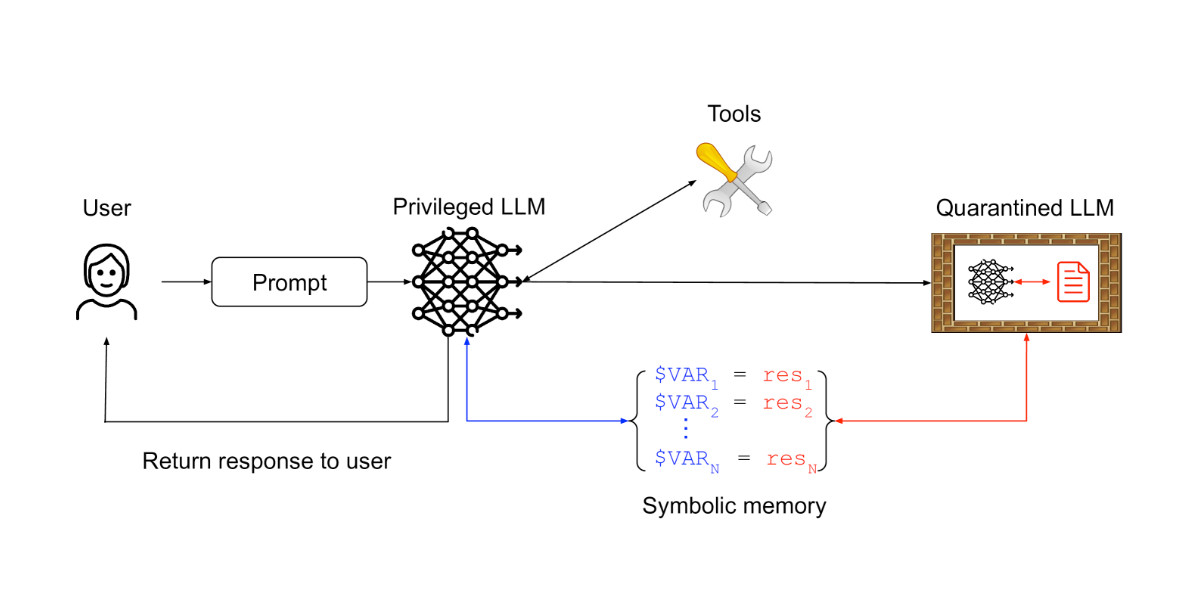Friday, 13th June 2025
Design Patterns for Securing LLM Agents against Prompt Injections
This new paper by 11 authors from organizations including IBM, Invariant Labs, ETH Zurich, Google and Microsoft is an excellent addition to the literature on prompt injection and LLM security.
[... 1,795 words]There’s a new breed of GenAI Application Engineers who can build more-powerful applications faster than was possible before, thanks to generative AI. Individuals who can play this role are highly sought-after by businesses, but the job description is still coming into focus. [...]
Skilled GenAI Application Engineers meet two primary criteria: (i) They are able to use the new AI building blocks to quickly build powerful applications. (ii) They are able to use AI assistance to carry out rapid engineering, building software systems in dramatically less time than was possible before. In addition, good product/design instincts are a significant bonus.
My post this morning about Design Patterns for Securing LLM Agents against Prompt Injections is an example of a blogging format I'd love to see more of: informal but informed commentary on academic papers.
Academic papers are generally hard to read. Sadly that's almost a requirement of the format: the incentives for publishing papers that make it through peer review are often at odds with producing text that's easy for non-academics to digest.
(This new Design Patterns paper bucks that trend, the writing is clear, it’s enjoyable to read and the target audience clearly includes practitioners, not just other researchers.)
In addition to breaking a paper down into more digestible chunks, writing about papers offers an extremely valuable filter. There are hundreds of new papers published every day: seeing someone who's work you respect confirm that a paper is worth your time is a really strong signal.
I added a paper-review tag this morning, gathering six posts where I’ve attempted this kind of review. Notes on the SQLite DuckDB paper in September 2022 was my first.
I apply the same principle to these as my link blog: try to add something extra, so that anyone who reads both my post and the paper itself gets a little bit of extra value from my notes.
The Wikimedia Research Newsletter (via) Speaking of summarizing research papers, I just learned about this newsletter and it is an absolute gold mine:
The Wikimedia Research Newsletter (WRN) covers research of relevance to the Wikimedia community. It has been appearing generally monthly since 2011, and features both academic research publications and internal research done at the Wikimedia Foundation.
The March 2025 issue had a fascinating section titled So again, what has the impact of ChatGPT really been? pulled together by WRN co-founder Tilman Bayer. It covers ten different papers, here's one note that stood out to me:
[...] the authors observe an increasing frequency of the words “crucial” and “additionally”, which are favored by ChatGPT [according to previous research] in the content of Wikipedia article.
